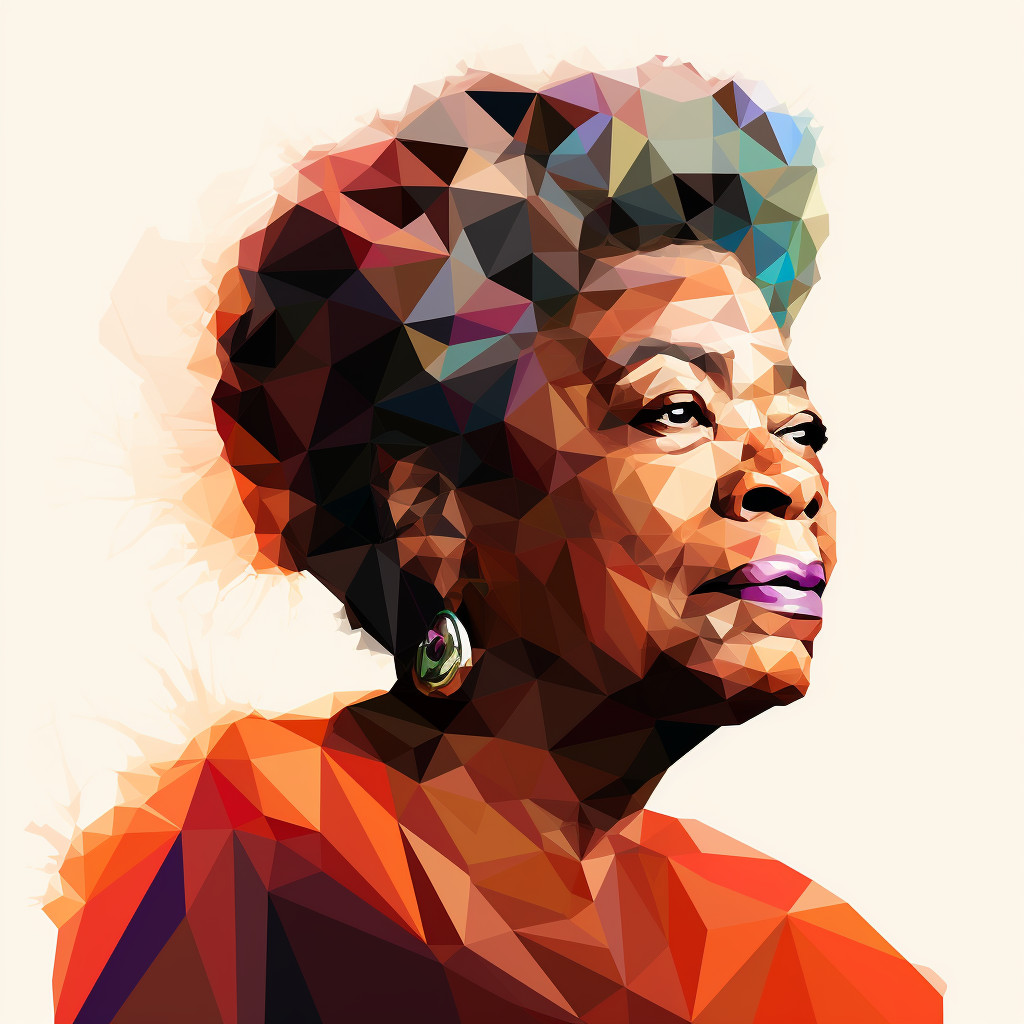'Grateful' Quotes
Grateful quotes hold immense significance as they remind us to appreciate the blessings in our lives and be thankful for them. These quotes have been used by individuals and society to express gratitude and spread positivity. They have been a source of inspiration and motivation for people, encourag…Read More
Grateful quotes hold immense significance as they remind us to appreciate the blessings in our lives and be thankful for them. These quotes have been used by individuals and society to express gratitude and spread positivity. They have been a source of inspiration and motivation for people, encouraging them to focus on the good in their lives and be content. From ancient philosophers to modern-day leaders, grateful quotes have been used to reflect on the past, live in the present, and look forward to the future with a grateful heart. Their timeless wisdom continues to impact and influence individuals, making them a powerful tool for personal growth and societal harmony.Read Less
Grateful quotes hold immense significance as they remind us to appreciate the blessings in our lives and be thankful for them. These quotes have been used by individuals and society to express gratitude and spread positivity. They have been a source of inspiration and motivation for people, encouraging them to focus on the good in their lives and be content. From ancient philosophers to modern-day leaders, grateful quotes have been used to reflect on the past, live in the present, and look forward to the future with a grateful heart. Their timeless wisdom continues to impact and influence individuals, making them a powerful tool for personal growth and societal harmony.
254 Esteemed 'Grateful' Quotations and Sayings
Grateful – Symbolic Value
The concept of being grateful is often represented by the symbol of a thankful heart or hands in prayer. This symbol holds a deep and powerful meaning, representing the act of acknowledging and appreciating the blessings in one’s life. It is a reminder to be grateful for what we have, rather than focusing on what we lack.The symbol of a thankful heart or hands in prayer can be traced back to ancient civilizations, such as the Egyptians and Greeks, who used it as a way to express gratitude to their gods. In Christianity, the symbol of hands in prayer is often associated with the act of giving thanks to God. It is also a common gesture in many Eastern religions, such as Buddhism and Hinduism, where it represents the act of showing gratitude and humility.
Grateful – Cultural and Historical Significance
The concept of being grateful has played a significant role in various cultures and societies throughout history. In many Native American cultures, gratitude is seen as a way of life, with rituals and ceremonies centered around giving thanks to the earth and its resources. In Japan, the practice of “giri” or obligation, is deeply rooted in the idea of being grateful for the help and support received from others.In ancient Greek philosophy, gratitude was seen as a virtue and a key component of living a good life. The Stoics believed that being grateful for what one has, rather than desiring what one does not have, is the key to inner peace and contentment. This idea has been echoed in modern positive psychology, where gratitude is seen as a powerful tool for increasing happiness and well-being.
Grateful – Common Themes in Motivational Contexts
The concept of being grateful is often used in motivational contexts, as a way to inspire and encourage individuals to appreciate their blessings and focus on the positive aspects of their lives. In the world of self-help and personal development, gratitude is seen as a powerful tool for achieving success and happiness.Many motivational speakers and coaches emphasize the importance of practicing gratitude daily, as it can shift one’s mindset from a place of lack to a place of abundance. By focusing on what one is grateful for, individuals can cultivate a more positive and optimistic outlook on life, leading to increased motivation and productivity.
Grateful – Portrayal in Art and Media
The concept of being grateful has been portrayed in various forms of art and media, from literature and music to film and television. In literature, authors often use the theme of gratitude to convey a deeper message about the human experience. For example, in Charles Dickens’ classic novel, “A Christmas Carol,” the character of Ebenezer Scrooge learns the value of gratitude and how it can transform his life.In music, many artists have written songs about gratitude, such as “Thank You” by Dido and “Thank U” by Alanis Morissette. These songs serve as a reminder to be grateful for the people and experiences in our lives.
Grateful – Impact on Understanding of Life and Society
The concept of being grateful has a profound impact on our understanding of life and society. It teaches us to appreciate the little things, to be content with what we have, and to be mindful of the blessings in our lives. In a world where we are constantly bombarded with messages of wanting more and being dissatisfied with what we have, gratitude serves as a powerful antidote.Practicing gratitude can also have a ripple effect on society. When individuals are grateful, they are more likely to be kind, compassionate, and empathetic towards others. This can lead to a more harmonious and compassionate society, where people are grateful for the diversity and uniqueness of others.In conclusion, the concept of being grateful holds a deep symbolic value, has a rich cultural and historical significance, and is a common theme in motivational contexts. It has been portrayed in various forms of art and media and has a profound impact on our understanding of life and society. By practicing gratitude, we can cultivate a more positive and fulfilling life, and contribute to a more grateful and compassionate society.












